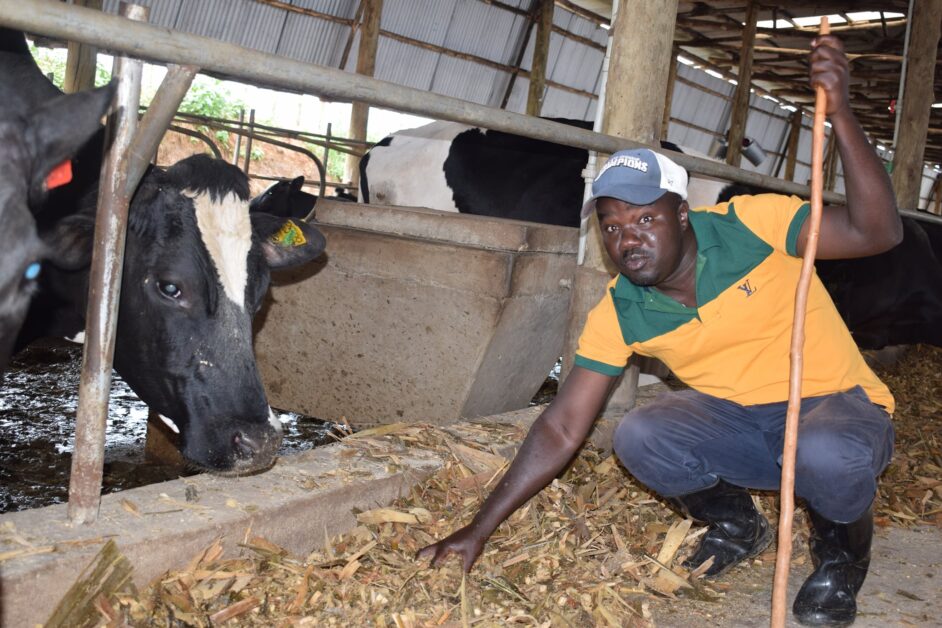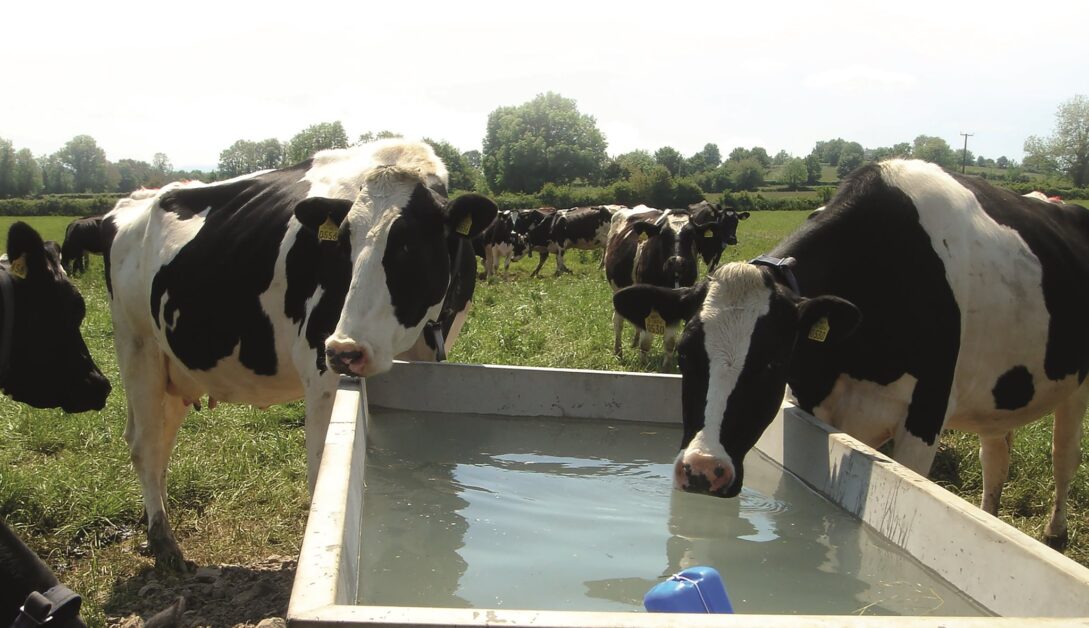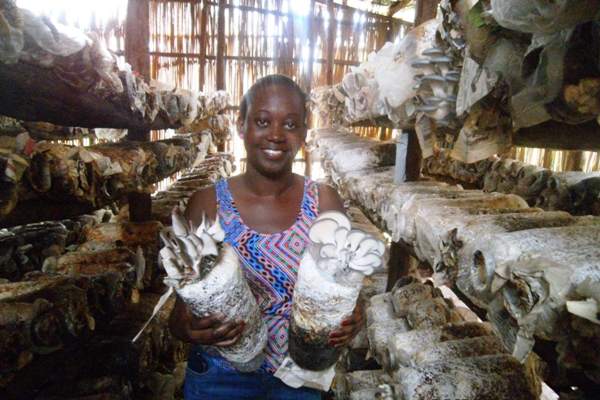Proper feeding, hormone treatments and good livestock management practices are among the strategies that you can use to boost milk production and earn good money from your farm.
Phillip Kalera, a resident of Kigezi Village, Maddu Subcounty in Gomba District is one of the many NAADS beneficiaries in the Country.
Kalera received two dairy cows from NAADS four years ago, all of them produced and multiplied into four. He decided to use part of the capital from his businesses in Kampala to buy more dairy cows to expand his farm.
Out of the 80 cows, Kalera gets 1200 liters of milk a day and sells each litter at UGX800 earning him a gross profit of UGX960,000 per day. This means he earns a gross profit of UGX28,800,000 per month.

This further implies that Kalera can earn a gross profit of UGX345,600,000 per year out of milk production. For him to be able to get more milk, here are some of the techniques Kalera uses;
FEEDING
Kalera says a dairy cow needs two primary components in her diet to be able to reach her peak in milk production. From the milk composition, the two very important components are energy and protein. Other important components are minerals and water. Energy is provided in form of cellulose available in roughages such Napier and Rhodes grass hay and other grass pastures and fodder. Due to limitations in the utilization of cellulose by the dairy cow, energy is often supplemented by giving concentrate feeds such as maize germ meal, cereal grains such as oats, barley, maize or wheat; industrial by products and a wide range of premixed feed.
Grasses are good sources of energy but their protein content are however too low to meet the cow’s needs for higher milk output.
They may have adequate amounts of protein for animal maintenance but for a lactating dairy cow, higher protein feeds will be required to increase milk production.
Protein is provided by legumes, fodder trees and premixed feeds or industrial by-products.
Feeding leafy Lucerne hay at 2 to 4kg per 100kg of body weight will be enough for her maintenance needs. However, as in the case of energy, the cow will need extra proteins to reach her milk potential. These extra sources of protein are available in form of commercial protein supplements.
USE OF HORMONES
Hormone is a regulatory substance produced in an organism and transported in tissue fluids such as blood or sap to stimulate specific cells or tissues into action.
You may use hormones to increase milk production but note that this area is very controversial. There has been debate on whether the use of hormones on dairy cows is safe or not to both the cow and humans.
If you take this route, there is a hormone called recombinant bovine somatotropin (rbST) which can be injected to the cow to produce more milk. The artificially synthesized rbST is in all ways similar to the naturally occurring bovine somatotropin (bST) produced by the cow. These hormones stimulate the udder to absorb more nutrients from the bloodstream thereby enabling the udder to make more milk. A cow that is treated with rbST can make 5kg more milk per day than those not given.
WATER
He says a lactating cow can drink up to 120 litres of water per day, therefore plenty of clean fresh water should be provided. The cow should drink to her fill whenever she requires.

MINERALS
Although a number of minerals such as calcium and phosphorous are essential, one that is frequently very critical is chromium. Chromium enhances the utilization of glucose.
This is critical during the 3 weeks period prior to and after the cow gives birth because it will determine the milk production during early lactation and the general health of the cow.

During this period the cow does not eat much, often resulting in a negative energy balance. The outcome of efficient utilization of energy during this period is higher productivity and better health. Supplementation with Chromium also improves reproductive performance and reduces the effects of stress.

-Office of Agric Minister





